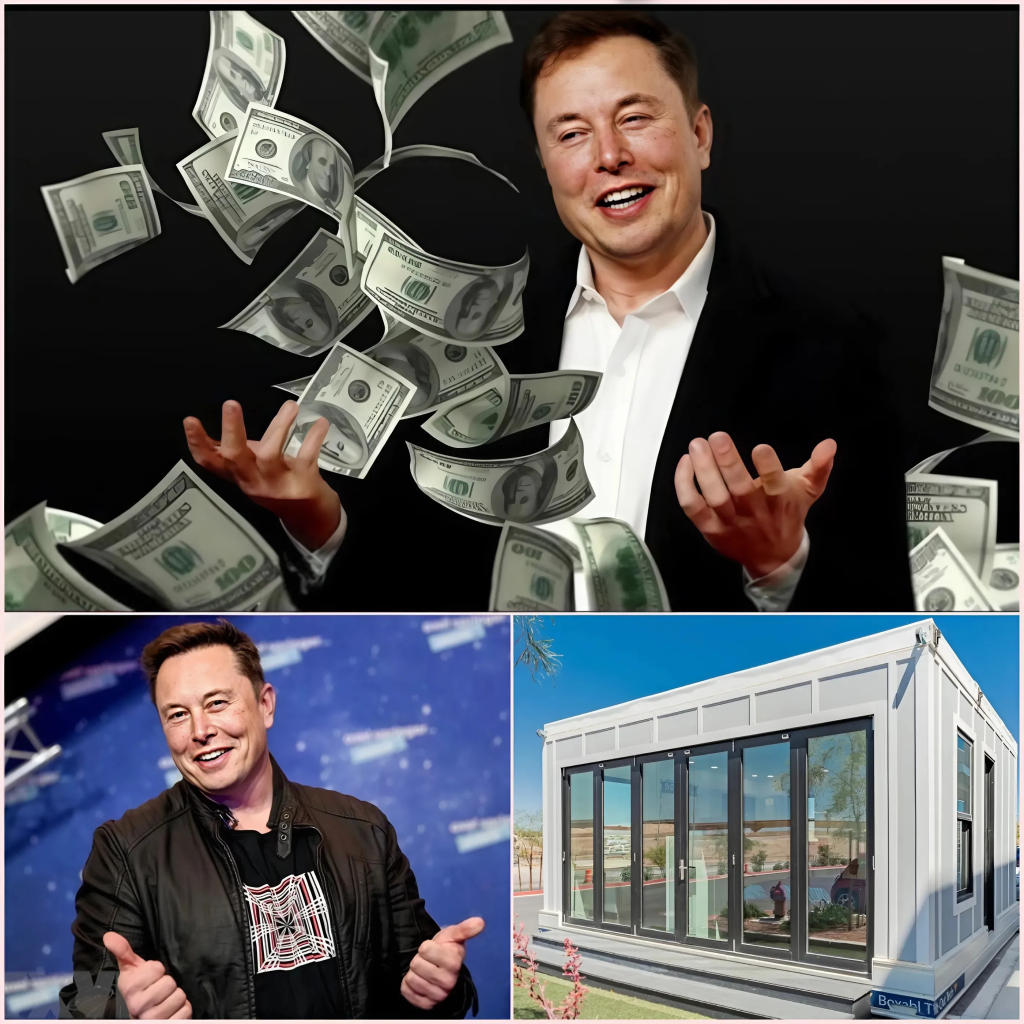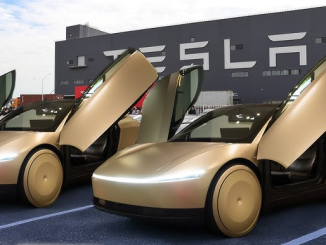Elon Musk has made a strong statement with his latest philanthropic move “I will make sure everyone in America has a home” with a huge amount of funding.

Elon Musk, the enigmatic billionaire and visionary behind companies like Tesla, SpaceX, and xAI, has once again captured global attention with a staggering announcement that blends his characteristic audacity with a newfound focus on philanthropy. In a recent statement, Musk declared, “I will ensure everyone in America has a home,” pledging an enormous sum of money to tackle one of the most pressing issues facing the United States today: housing insecurity. This move marks a significant shift for a man often associated with futuristic technologies and interplanetary ambitions, raising both excitement and skepticism about how such a promise could be fulfilled.
Musk’s announcement comes at a time when the housing crisis in America has reached critical levels. Skyrocketing real estate prices, stagnant wages, and a shortage of affordable homes have left millions struggling to secure stable living conditions. Homelessness, too, remains a persistent challenge, with urban centers like Los Angeles and New York reporting record numbers of people living on the streets. Against this backdrop, Musk’s pledge is nothing short of revolutionary. While he has not yet released a detailed blueprint of his plan, the sheer scale of his financial commitment—rumored to be in the tens of billions—suggests an initiative that could reshape the national conversation around housing.

The tech mogul’s approach to philanthropy has always been unconventional. Unlike traditional philanthropists who channel funds through established charities or foundations, Musk tends to favor direct action and innovative problem-solving. His latest endeavor appears to follow this pattern. Sources close to Musk hint that he may leverage his expertise in modular construction—honed through Tesla’s factory designs and SpaceX’s infrastructure projects—to create affordable, scalable housing solutions. Some speculate that he could deploy 3D-printing technology, an idea he has toyed with in the past, to rapidly build homes at a fraction of the cost of traditional methods. Others believe he might acquire vast tracts of land to develop entirely new communities, complete with sustainable energy systems powered by Tesla’s solar technology.
Public reaction to Musk’s statement has been predictably polarized. Supporters hail it as a game-changer, a rare instance of a billionaire using their wealth to address a tangible societal need rather than chasing vanity projects. On social media platforms like X, fans have praised Musk’s willingness to step up where government efforts have faltered. “This is what leadership looks like,” one user wrote. “Elon doesn’t just talk—he acts.” Indeed, Musk’s track record of delivering on ambitious promises, from electric vehicles to reusable rockets, lends credence to the idea that he might actually pull this off.

Critics, however, remain wary. Some question whether Musk’s promise is little more than a publicity stunt, pointing to his history of grandiose statements that don’t always materialize as planned. The Hyperloop, for instance, remains more concept than reality, and Tesla’s “Full Self-Driving” technology has faced repeated delays. Skeptics also argue that solving America’s housing crisis requires more than money—it demands navigating complex zoning laws, bureaucratic red tape, and entrenched economic inequalities. “Throwing cash at the problem won’t fix systemic issues,” one commentator noted. “Musk might build houses, but can he make them accessible to those who need them most?”
What sets this initiative apart from Musk’s previous ventures is its deeply human focus. While colonizing Mars or revolutionizing transportation appeals to a certain futuristic idealism, ensuring everyone has a home strikes at a fundamental need. It’s a goal that resonates across political and social divides, potentially positioning Musk as a unifying figure in a fractured nation. Yet, the logistics of such an undertaking are daunting. How will Musk define “everyone”? Will this apply only to citizens, or to undocumented immigrants as well? What about those who already own homes but struggle with mortgage payments? These questions linger as the world awaits further details.
For now, Musk’s pledge has sparked a broader dialogue about the role of billionaires in addressing societal challenges. His wealth, estimated at over $200 billion, gives him unparalleled resources to effect change, but it also reignites debates about wealth inequality. Why, some ask, should a single individual have the power to influence millions of lives when democratic institutions have failed to do so? Others see Musk’s move as a wake-up call to governments and corporations alike, proving that bold action is possible with enough willpower.
As the dust settles on this announcement, one thing is clear: Elon Musk has once again defied expectations. Whether his promise becomes a transformative reality or a well-intentioned overreach, it underscores his ability to dream big—and to get the world talking. For millions of Americans without a roof over their heads, the hope that Musk’s words inspire may be the first step toward a future where housing is no longer a privilege, but a right.


